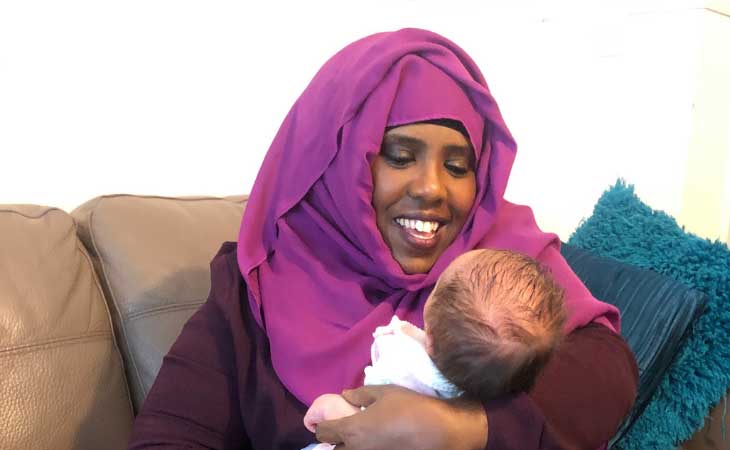Types of fostering
We offer a range of flexible fostering placements to suit your lifestyle, along with ongoing training and a great support package.
There is a huge variety and diversity in the children and young people who need a safe and loving home and we aim to reflect this in our foster carers.

We need loving homes for children of all ages up to 18 years. Including babies and toddlers, older children and teenagers, sometimes for brothers and sisters who need to stay together.
Some children have special needs, these could be physical disabilities and/or learning difficulties and need special care. Children from different backgrounds may have special requirements and have particular cultural or religious needs.
Short Term
Short term foster carer may involve looking after a child on an emergency basis for as short as an overnight stay or having a child with you for a few months or even a year or two, before they return home or move onto a more permanent home. By providing short term foster care you can give a child in an unsettled situation the security they need and the time they need it most.
Long Term
Being a permanent carer for a child or young person essentially means they live with you until they reach independence, but unlike adoption, the legal powers regarding the child or young person will remain with the local authority.
This means providing a stable family environment for children, often for older children and teenagers, who cannot live with their birth families.
Respite
Respite care involves looking after children on a short term basis, who are already placed with foster carers to give ‘respite’ or a short break to their carers. It is an ideal type of fostering for anyone who would like to foster but is (maybe initially) unable to commit to a long term placement due to limited free time. It gives the opportunity to benefit from all the same training and support as full-time foster carers, without having to commit to long term placements.
Respite care is flexible and can vary from one-off emergency placements to a regular arrangement, where you support a child and foster family on an ongoing basis.
"There are many rewards of being a respite carer, the biggest one being that you’ll be joining a team of people who are committed to achieving the best possible outcome and future for the child."
Foster Carer
Sibling Groups and Teenagers
We need homes for children of all ages up to 18 years, but there is a consistent need for foster carers to look after sibling groups for whom the security and comfort of staying together in a foster home is essential. Foster carer Pip spoke to us about why she thinks it's so important to keep sibling's together where possible.
Short Breaks for Children with Disabilities
Short breaks care helps to relieve the pressure on parents and families caring for children with disabilities and / or health conditions. As a short break carer, you become a partner family to a child and their family, supporting them by caring for the child overnight on an agreed programme (e.g. one weekend per month). This means it’s an ideal area of care for people who work full-time or have limited free time.
- The majority of these children are not looked after by the local authority, but live at home with their parents.
- Short break carers have the opportunity to develop long terms relationships with the parents, families, and children they are caring for.
- Children are matched to carers with appropriate skills and experience, plus bespoke and specialist training is provided to help you meet the individual needs of a child.
"The quality of support they have provided has enhanced Nathan’s and his family member’s life. They have promoted positive changes to Nathan's ability and development and have brought joy to his life."
Children's social worker
Family and Friends Care
Wherever possible, when a child is no longer able to live with their parents they would ideally be looked after by a family member or a family friend they are close to. Family and friends carers follow a standard approval process and are provided with the support and training required to help them meet the needs of the child they are looking after.
"We send everyone concerned with the fostering team a big thank you for looking after myself and Carol, but most importantly taking care and looking after Joseph and his wellbeing, knowing he will be in safe hands with myself and Carol."
Carol and Tony, Family and Friends Carers
Could you be the difference?
If you'd like to explore if there is a type of fostering to suit you, we'd love to talk to you. Get in touch with our friendly team today.
0151 515 0000
